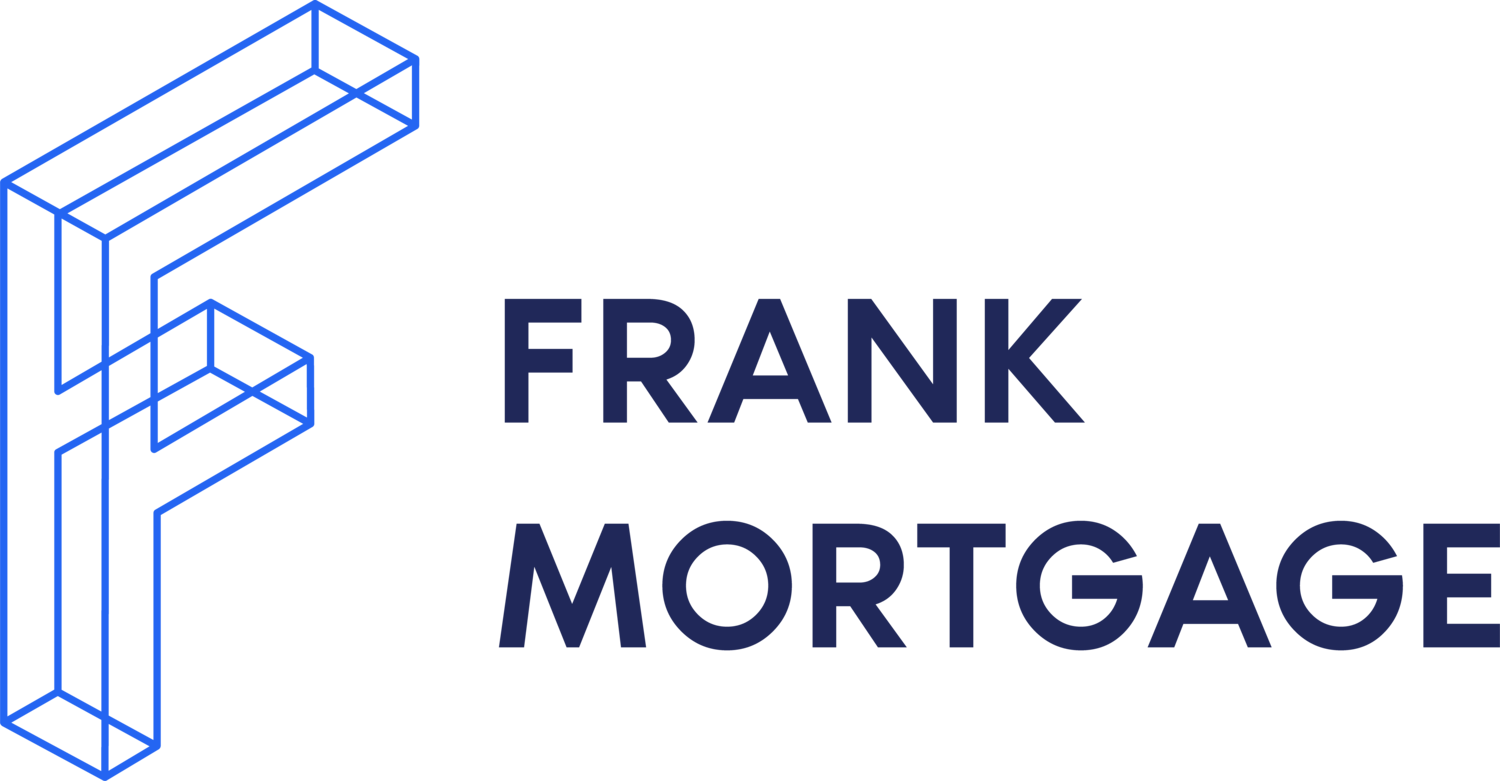By Don Scott
•
February 27, 2025
Recent news about the United States threatening to impose tariffs on Canadian goods has introduced significant uncertainty into Canada's economic landscape. These developments are poised to impact various sectors, notably the housing and mortgage markets. While the potential ramifications of these tariffs are not easy to predict, we attempt here to identify the issues we should all be considering. The Tariff Threat In early Feb, U.S. President Donald Trump announced significant tariffs on Canadian imports. He talks frequently about unfair trade and has also stated his objective was to address concerns over illegal immigration and drug trafficking into the United States. On February 1, 2025, he signed executive orders imposing a 25% tariff on all Canadian goods, excluding energy products, which were subjected to a 10% tariff. These tariffs were initially set to take effect on February 4, 2025. The US President Trump postponed the imposition of these tariffs for one month, until March 4, 2025. This postponement was intended to provide time for Canada to address U.S. concerns regarding border security and drug trafficking. On Feb 27, the US President confirmed that the tariffs on Canada and Mexico would be put in place as of March 4. This is not good news and hopefully Canadian diplomats can resolve this. Immediate Economic Implications Despite the delay to March 4, and some moves by Canada to address the issues, tensions have escalated. On February 10, 2025, President Trump announced additional tariffs - a 25% duty on all steel and aluminum imports, including those from Canada, set to commence on March 12, 2025. In response, Canada has threatened retaliatory tariffs on U.S. goods, making the prospect of an unexpected trade war between historically good neighbours a real possibility. The US has also said reciprocal tariffs will take effect in April. The situation remains fluid, with ongoing negotiations between the U.S. and Canada aiming to resolve trade disputes and address the underlying issues prompting the tariffs. These measures are expected to disrupt trade flows, elevate production costs, and potentially lead to a slowdown in economic growth. Bank of Canada Governor Tiff Macklem has cautioned that such trade conflicts could curb economic growth, hurt the Canadian dollar, and potentially lead to higher inflation. Impact on the Housing Market The imposition of tariffs on all goods and a retaliatory response from Canada would have several negative consequences for Canadian housing markets. Increased Construction Costs: Tariffs on imported materials, such as lumber and steel, would increase construction costs. Any increase in construction costs would be passed through to consumers, resulting in higher prices for both new homes and renovations. These elevated costs could exacerbate housing affordability issues and constrain the supply of new homes. Market Uncertainty: The prevailing economic ambiguity may deter potential buyers, leading to a deceleration in housing demand. Prospective homeowners might adopt a cautious stance, postponing purchases until the economic and interest rate outlook stabilizes. Job Losses: Higher costs could slow activity in housing development and renovation that could lead to job losses. This could place some current mortgage borrowers and homeowners under stress and take other potential new market entrants out of the market. Tariff Impact on Mortgages The impact that significant tariffs have on the mortgage market could be immediate: 1. Mortgage Rates There are diverging opinions currently about where mortgage rates may go if tariffs are imposed. There are two key channels through which we will see the interest rate impact. Bank of Canada Monetary Policy Adjustments - Most economists agree that a tariff war with the US will slow down the Canadian economy, perhaps sending us into a recession. The Bank of Canada may contemplate reducing interest rates to stimulate economic activity. Governor Macklem has indicated that monetary policy could support demand in the event of a trade war, suggesting that rate cuts might be more substantial than previously projected. However, many have cautioned that interest rate cuts may not have a meaningful impact on an economic slowdown resulting from higher costs due to tariffs. While the Bank of Canada may not be able to effectively offset the negative impact, many analysts, including those at the Bank of Montreal, think they might cut rates by as much at 1.50% this year if the US imposes the full 25%, across-the-board tariffs. This would significantly reduce variable mortgage rates, which would be beneficial for mortgage borrowers. Bond Yield Fluctuations - Escalating trade tensions have already led to a decline in Canadian bond yields, with the 5-year bond yield reaching its lowest point since June 2022. Bond yields often decline in advance of economic weakness. A downturn in bond yields is often followed by a decline in fixed mortgage rates, potentially offering relief to borrowers. 2. Reduced Market Activity The tariff talk creates tremendous uncertainty. The old saying is ‘uncertainty breeds contempt’ and we are seeing that in the reactions many are having to the tariff threat as well as in declining consumer confidence in survey results. We may witness a slowdown in housing and mortgage market activity with new buyers, movers, and investors exercising caution until the tariff issue is resolved. 3. Mortgage Defaults Economic weakness usually leads to worsening performance in mortgage portfolios. Job losses, loss of confidence and narrowing options will lead to an increase in mortgage defaults as borrowers struggle to meet obligations. We have already recently seen an uptick in consumer credit defaults and mortgage delinquencies have been increasing. Despite this concern, Canadian mortgage portfolios have performed well during prior downturns. The legal structure and culture in Canada promote good payment behavior and Canadians always do whatever it takes to keep their home.







